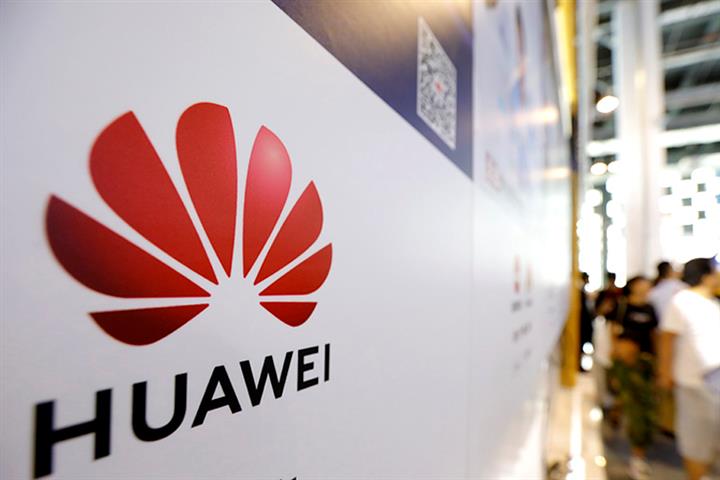 Troubled Huawei Is Not Building a Chip Foundry, Exec Says
Troubled Huawei Is Not Building a Chip Foundry, Exec Says(Yicai Global) April 27 -- China's Huawei Technologies is not intending to construct its own semiconductor foundry despite its tight supply, according to an executive director.
It is impossible for any single company, including Huawei, to build the whole long industrial chain for chips, David Wang, chairman of the information and communication technology infrastructure managing board, said during the 19th Huawei Global Analyst Summit. That is why the Shenzhen-based firm needs downstream to upstream players' support, he added.
The Chinese company has been dealing with a limited supply of chips for more than three years after the United States government restricted its access to US-made technologies.
Industrial chain decoupling and break-up are bad for global development as they cause slowing technical progress and rising costs, said Wang. These costs will finally pass on to consumers, he added.
But the situation may ease. Many countries and regions, including China, have increased their spending on semiconductor manufacturing after the US started working on chip supply decoupling, said Wang. The chip crisis is likely to be resolved in the next few years and even Huawei's issues should be fixed, he predicted.
The ban has taken its toll. Huawei earned CNY243.4 billion (USD37.2 billion) in revenue from its consumer business last year, down almost 50 percent from 2020, according to its earnings report.
The Chinese company has developed its own operating system. The Harmony OS ecosystem has some 1,900 partners and features 220 million devices as more than 100 million new devices were added last year, Rotating Chairman Ken Hu said during the summit. Huawei is fully confident about the future development of Harmony, he added.
External environment factors such as the global pandemic, rising commodity prices, and exchange rate fluctuations have added to the many difficulties Huawei is facing, said Hu. The company needs to ensure the quality of its products and solutions, robust operations, and future-oriented innovative investments, he concluded.
Going forward, Huawei has identified eight technological challenges, said Zhou Hong, president of a strategic research institute. These include building human-machine interfaces and developing new sensing and monitoring capabilities.
Moreover, the company is thinking of how people's blood pressure, blood sugar, and heart health could be continuously monitored as non-intrusively as possible, said Zhou. Artificial intelligence should be used to help discover new drugs and vaccines.
The challenges are ethical and technical in nature. How can application-centric, automated, and intelligent software be developed for greater value and better experience, asked Zhou. Huawei is also thinking about how to overcome Shannon's limit, a theory of maximum error-free data transmission, to enable high-performance connectivity both regionally and globally, he added.
Huawei is wondering how to develop more adaptive and efficient computing models, models of computation that differ from the standard von Neumann architecture, unconventional components, and explainable and debuggable AI, said Zhou. The company is considering how to harness the power of AI to develop new molecules, catalysts, and components. It intends to develop new processes that surpass complementary metal-oxide-semiconductor fabrication and are cost-efficient. It also aims to come up with powerful energy conversion and storage, as well as on-demand services.
"Everything we imagine today is very likely to be too conservative -- too little -- for tomorrow, so we need to be bolder,” said Zhou. "We hope to join hands with the academic community and industry partners to put forward bolder hypotheses, rethink fundamental theories, reshape architectures, and reinvent software. Together, we can shape the future,” he concluded.
Editor: Zhang Yushuo, Emmi Laine, Xiao Yi